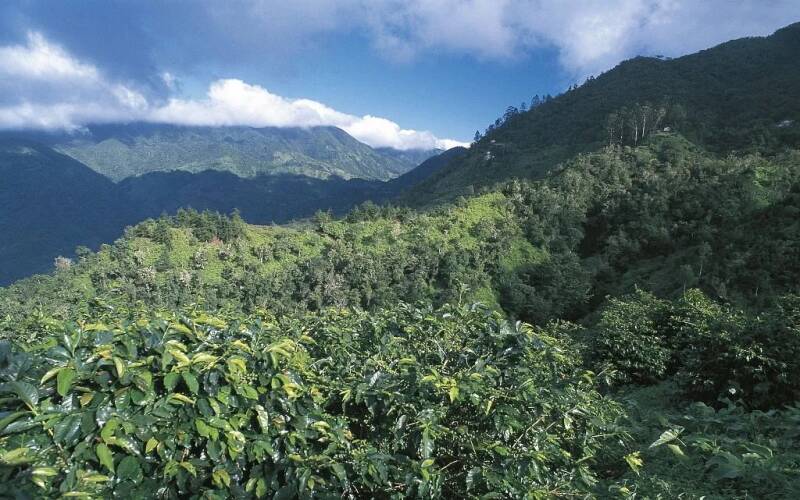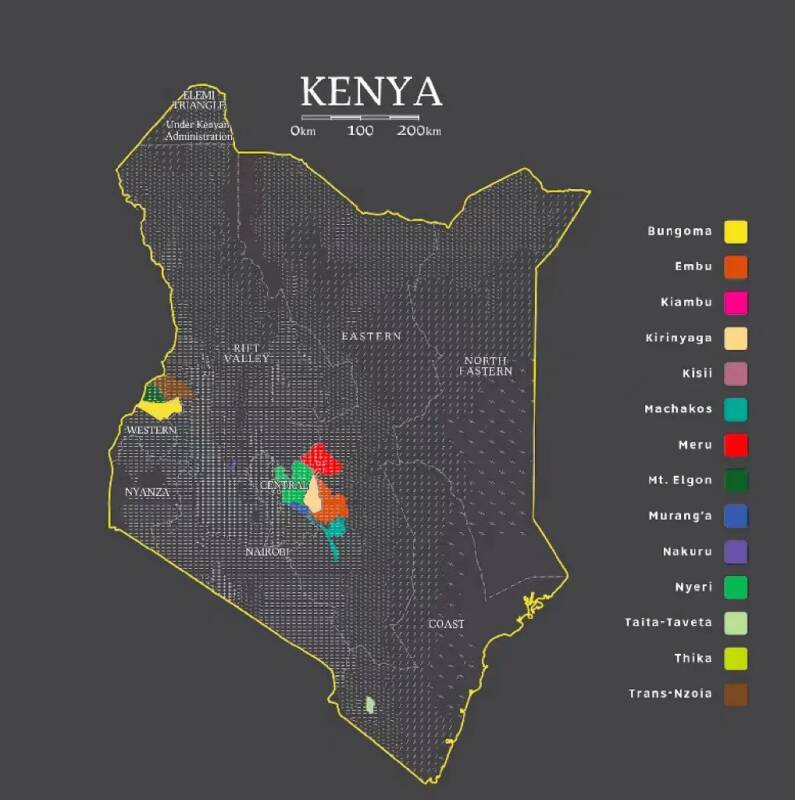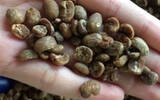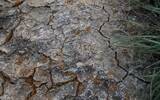Kenyan coffee beans| Introduction to the coffee beans of the Asalia plant SL28 SL34 in Sika&
Coffee is grown in many countries on all continents in the world, and in Africa, it can be said to be the most important part of coffee. In addition to Ethiopia, which is recognized as the birthplace of coffee, there are also many countries that grow coffee, such as Kenya, Rwanda, Tanzania and so on. Kenya can be said to be one of the famous producing areas in Africa.
Kenya
Kenya is located in eastern Africa, is a land and sea country, bordering Somalia, Tanzania, Uganda, South Sudan and Ethiopia, the southeast is bordered by the Indian Ocean, with 536 km of coastline. The East African Rift Valley runs from north to south. Except for the plain along the coast, most of the rest have an average elevation of 1500 meters above sea level. In the north, there are many lakes and many volcanoes. Kenya, an extinct volcano in the central highland, is 5199 meters above sea level, making it the second highest mountain in Africa.

Kenya is crossed by the equator in the middle of it and is located in the tropical monsoon region, most of which belongs to the savanna climate. The coastal areas are humid and hot, while the plateau has a mild climate, with rainy season from March to June and October to December, and the rest is dry season. The annual temperature is between 12 and 24 ℃, and the annual rainfall decreases from 1500 mm to 200mm from southwest to northeast. High-altitude mountains, volcanic soil, plenty of sunshine and appropriate rainfall give birth to Kenyan boutique coffee.
Sika producing area
Kenya has a large number of coffee producing areas, which are concentrated in the southwest of the country, with a total of Bangma Bungoma, Enbu Embu, Kiambu Kiambu, Kirinyaga Kirinyaga, Kisi Kisii, Machakos Machakos, Meru Menu, Elgonne Mt.Elgon, Mulanga Murang'a, Nakuru Nakuru, Neri Nyeri, Sika Thika, Tata Vita Taita Taveta, Transn-Enzoya Trans-Nzoia14. Among them, Minri, Kirinia, Mulanga, Kirib and Sika are the most famous.

Sika is a small town in Nairobi, the capital of Kenya, where there are many coffee fields around Nairobi. Although Sika is an industrial town, it is surrounded by agriculture and waterfalls. There are about 2000 farmers in the Sika area. Coffee is grown between 1520 and 2200 meters above sea level. Compared with coffee beans in other Kenyan producing areas, coffee in Sika will have a more obvious tomato flavor. More than 90% of the coffee varieties grown in this area are SL34 and SL28, as well as iron pickup, Kent, bourbon, Riuri11 and other varieties.
Asalia treatment Plant / K72 washing treatment
Azaria Asali processing plant, which means honey in the official Kenyan language, Swahili, is located in the Sika production area of the Great Rift Valley of the Aberdare Mountains in Aberde. it is mainly water washing treatment and is one of the well-known treatment plants in this area.
In Kenya, water washing treatment is quite special. Coffee farmers will first screen out high-quality fruits after harvest, peel them and put them into a washing tank for 24 hours of soaking and fermentation, then clean them, remove part of the pectin, and ferment again for 24 hours after changing water. Such a heavy load can be recycled for 3 times, for a total of 72 hours, and finally dried. Therefore, this treatment is called Kenya 72-hour fermentation water washing treatment, referred to as K72. Using this treatment, coffee beans can be fermented at low temperature for a long time, making the acid brighter and the taste cleaner.
SL34&SL28
SL34 and SL28 can be said to be well-known varieties in Kenya. The name SL comes from the abbreviation SL of Scott Agricultural Laboratory (Scott Laboratories). In the late 1930s, the Kenyan government commissioned the former Scott Agricultural Laboratory (now Kenya National Agricultural Laboratory) to study the yield, variety and disease resistance of 42 selected coffee varieties. SL34 and SL28 are one of them.
Although these two varieties are susceptible to major diseases of coffee, they are of good quality and flavor, and are suitable for growing at high altitude. the higher the altitude, the better the quality. In genetic testing, SL28 is derived from bourbon variety, while SL34 is derived from tin card variety. But the two styles are similar in flavor, have complex and changeable acidity, and have a great sweetness in the finish, with a heavier, fuller SL28 and higher cleanliness on the palate.
Front Street Coffee Kenya Asalia AA TOP Coffee Bean production area: Sika Manor / processing Plant: Asail treatment Plant altitude: 1550-1750 m Variety: SL28, SL34 treatment: K72 washing treatment Flavor: Virgin Fruit, Wumei, Berry, Citrus, Green Tea
This Kenyan Asaria coffee bean from Qianjie Coffee is washed with K72 and roasted in medium and shallow. The front street uses the proportion of V60JEL 1RV 15 and 92 ℃ to boil, you will smell ripe tomatoes and flowers, and the entrance will have the flavor of virgin fruit and black plum, with bright acidity, outstanding sweetness, juicy taste and clean taste.
Important Notice :
前街咖啡 FrontStreet Coffee has moved to new addredd:
FrontStreet Coffee Address: 315,Donghua East Road,GuangZhou
Tel:020 38364473
- Prev

What is an aged bean? What's old mantelin? How does coffee ageing work?
In the article the day before yesterday, the front street mentioned the special existence of "old beans"! Although it's been around for a long time, it still has a fascinating coffee flavor! So let's explore in detail today, what is this old bean? What is an old bean? Old coffee beans refer to people
- Next

Drought in Vietnam will cut production of coffee and other crops, as coffee prices continue to rise
the agricultural sector in that Mekong delta has been hit hard by the worst drought in a century due to El Nino weather, Xinhua Agency reported. According to statistics from Vietnam's Ministry of Agriculture, the Mekong River, Southeast Asia's largest river,
Related
- What grade does Jamaica Blue Mountain No. 1 coffee belong to and how to drink it better? What is the highest grade of Blue Mountain coffee for coffee aristocrats?
- What are the flavor characteristics of the world-famous coffee Blue Mountain No. 1 Golden Mantelin? What are the characteristics of deep-roasted bitter coffee?
- Can I make coffee a second time in an Italian hand-brewed mocha pot? Why can't coffee be brewed several times like tea leaves?
- Hand-brewed coffee flows with a knife and a tornado. How to brew it? What is the proportion of grinding water and water temperature divided into?
- What is the difference between Indonesian Sumatra Mantinin coffee and gold Mantinin? How to distinguish between real and fake golden Mantelin coffee?
- What does bypass mean in coffee? Why can hand-brewed coffee and water make it better?
- Unexpected! Ruixing Telunsu lattes use a smoothie machine to foam milk?!
- % Arabia's first store in Henan opens into the village?! Netizen: Thought it was P's
- Does an authentic standard mocha coffee recipe use chocolate sauce or powder? Mocha Latte/Dirty Coffee/Salty Mocha Coffee Recipe Share!
- What is the difference between Vietnam egg coffee and Norway egg coffee? Hand-brewed single product coffee filter paper filter cloth filter flat solution!

